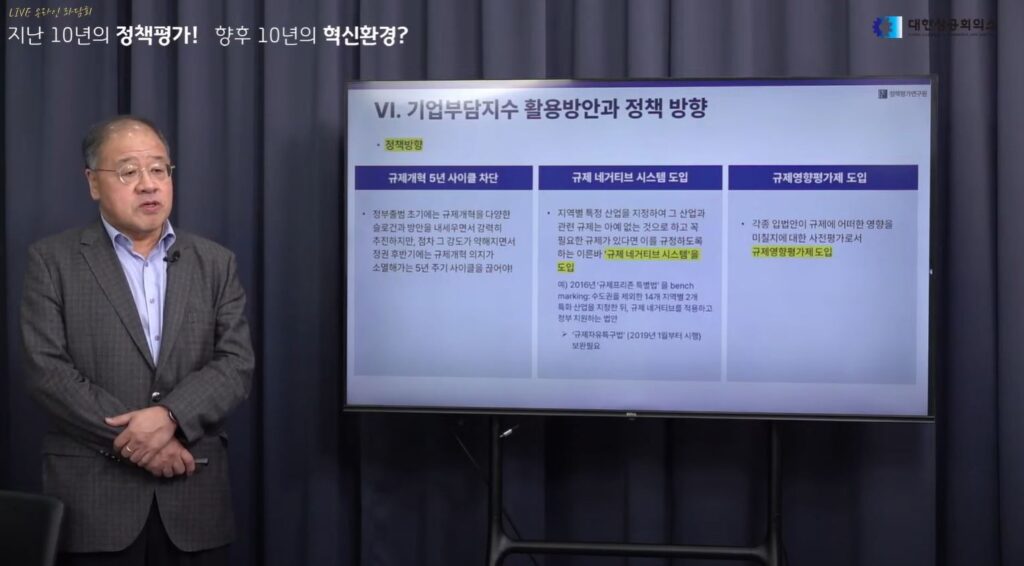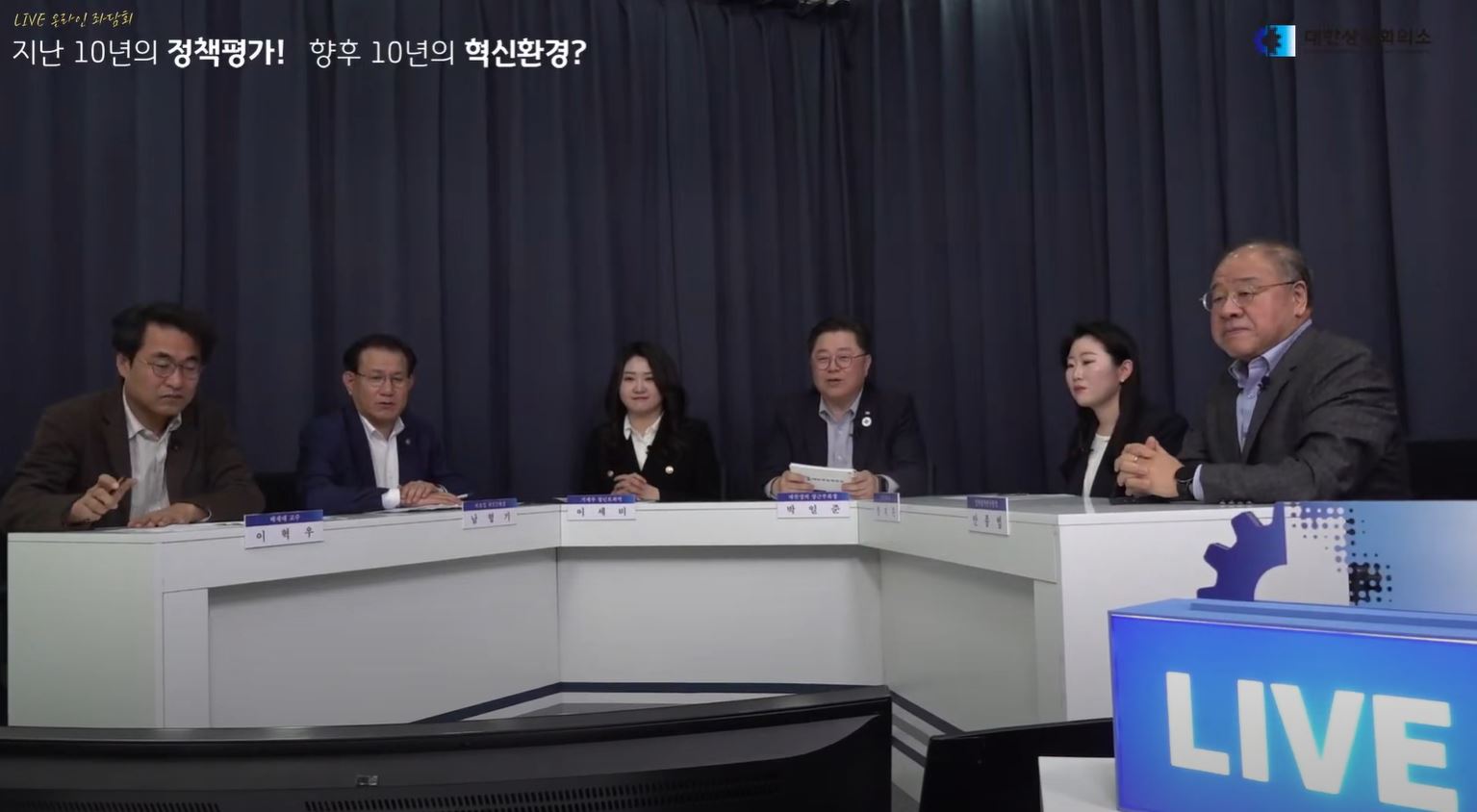
The Business Burden Index (BBI) is an indicator jointly analyzed by the Policy Evaluation Research Institute (PERI) and the Korea Chamber of Commerce and Industry (KCCI) to quantify the burden perceived by businesses in areas such as taxation, quasi-taxation, regulation, and administrative processes. The index was last published in 2015.
In 2025, a new survey was conducted using the same framework, targeting 913 companies nationwide. Weights were applied based on industry, region, and company size to enhance the survey’s representativeness and objectivity. A BBI score above 100 indicates that businesses feel burdened, while a score at or below 100 suggests no significant burden.

The results showed an overall BBI score of 105.5—a slight decrease from 109.5 in 2015, but still above the neutral baseline of 100. This indicates that businesses continue to feel pressured by various obligations.
Notably, the regulatory burden saw a significant increase, rising from 88.3 in 2015 to 102.9 in 2025. Burdens increased across all regulatory categories:
-
Labor regulations: 112.0
-
Market entry regulations: 101.1
-
Environmental regulations: 99.3
-
Location and construction regulations: 99.2
Chong-Bum An, President of PERI, remarked:
“The labor regulation burden index at 112.0 clearly indicates that businesses feel significantly pressured. In particular, the lack of labor market flexibility—centered around the 52-hour workweek system—is a prime example of the rigidity of our labor market. This result reflects the regulatory pressure businesses are currently facing.”
He further added: “It is urgent to introduce a negative-list regulatory system along with an effective regulatory impact assessment framework.”
<PERI, Policy Evaluation Research Institute>


